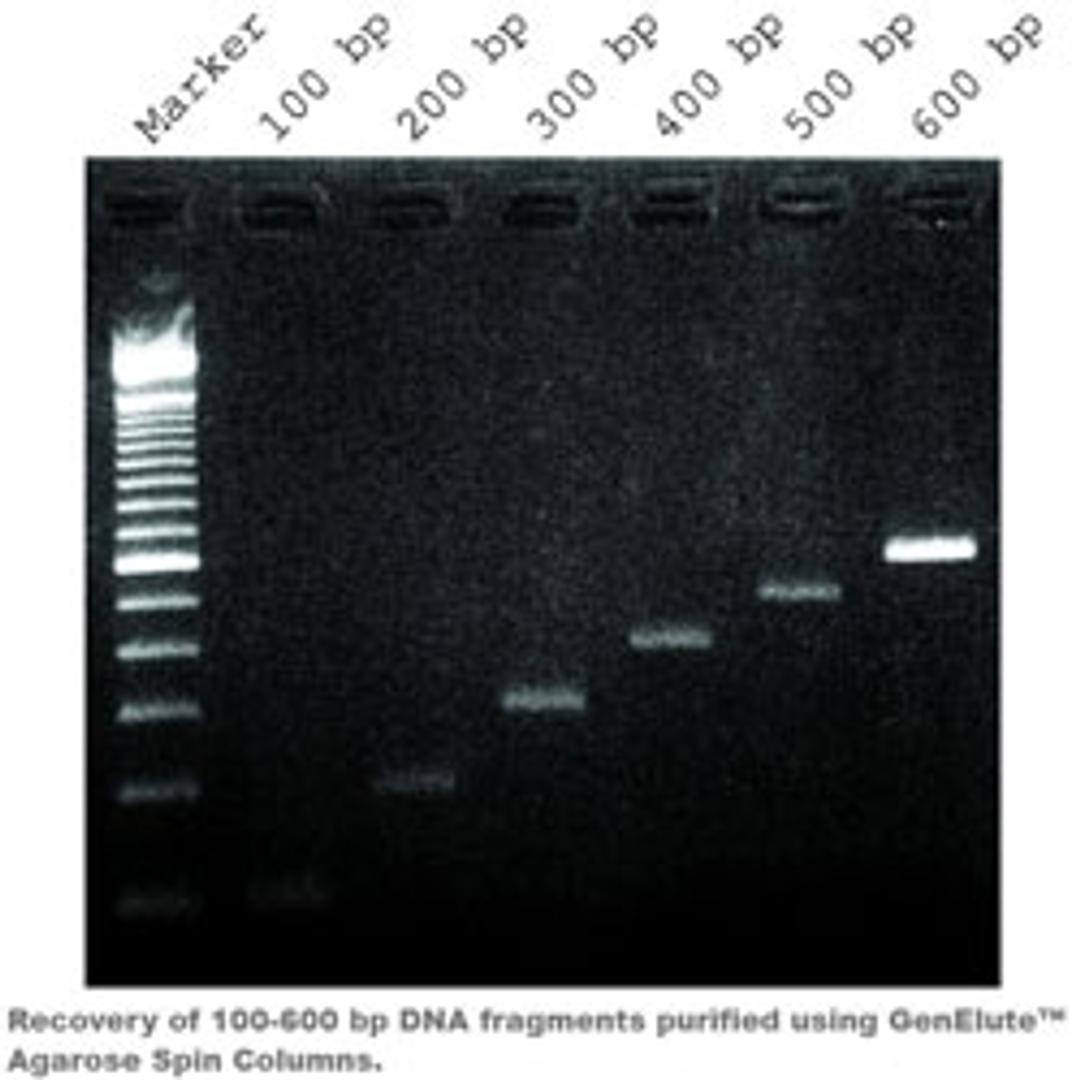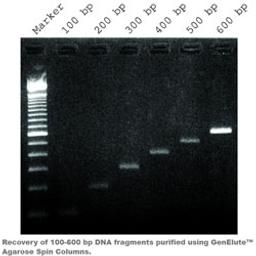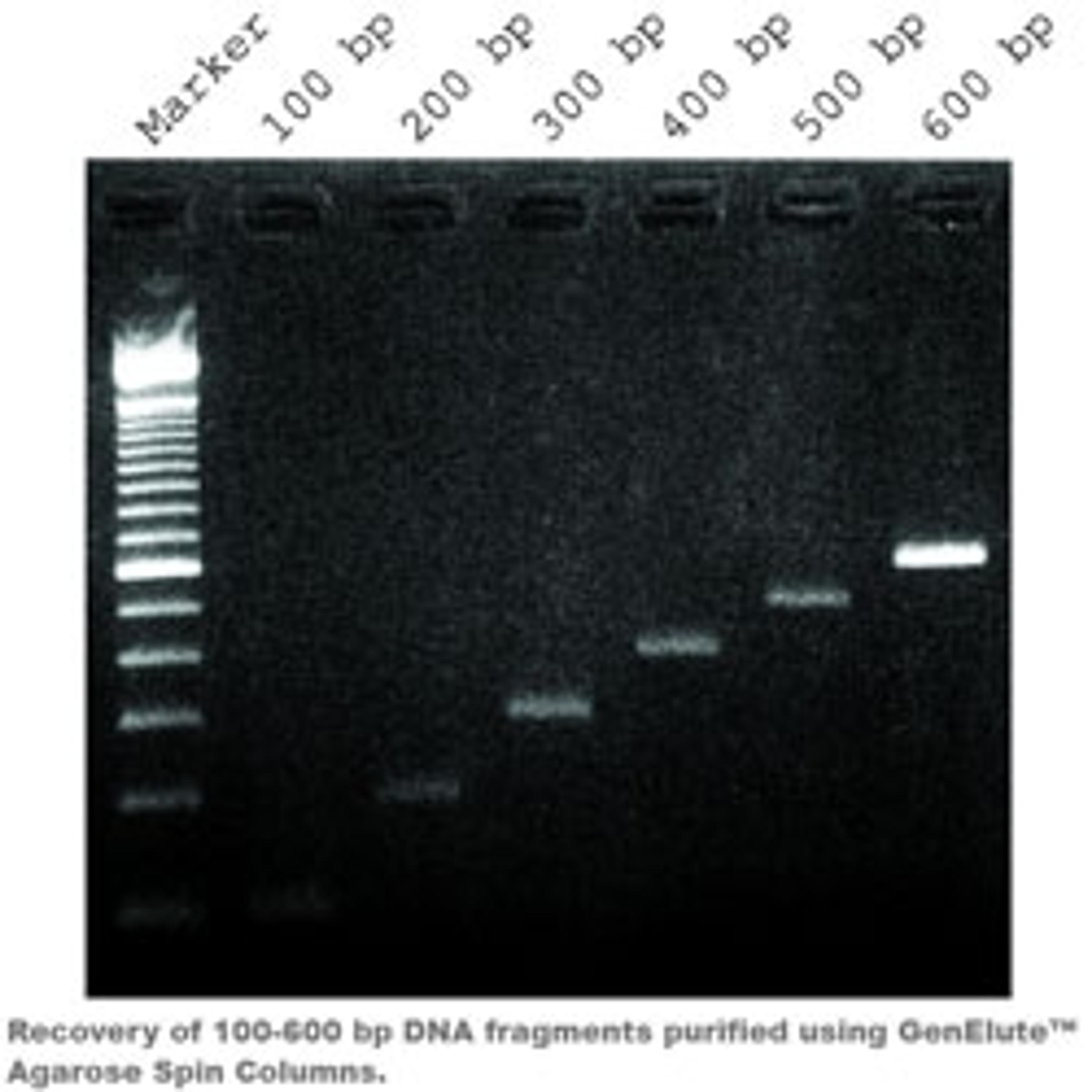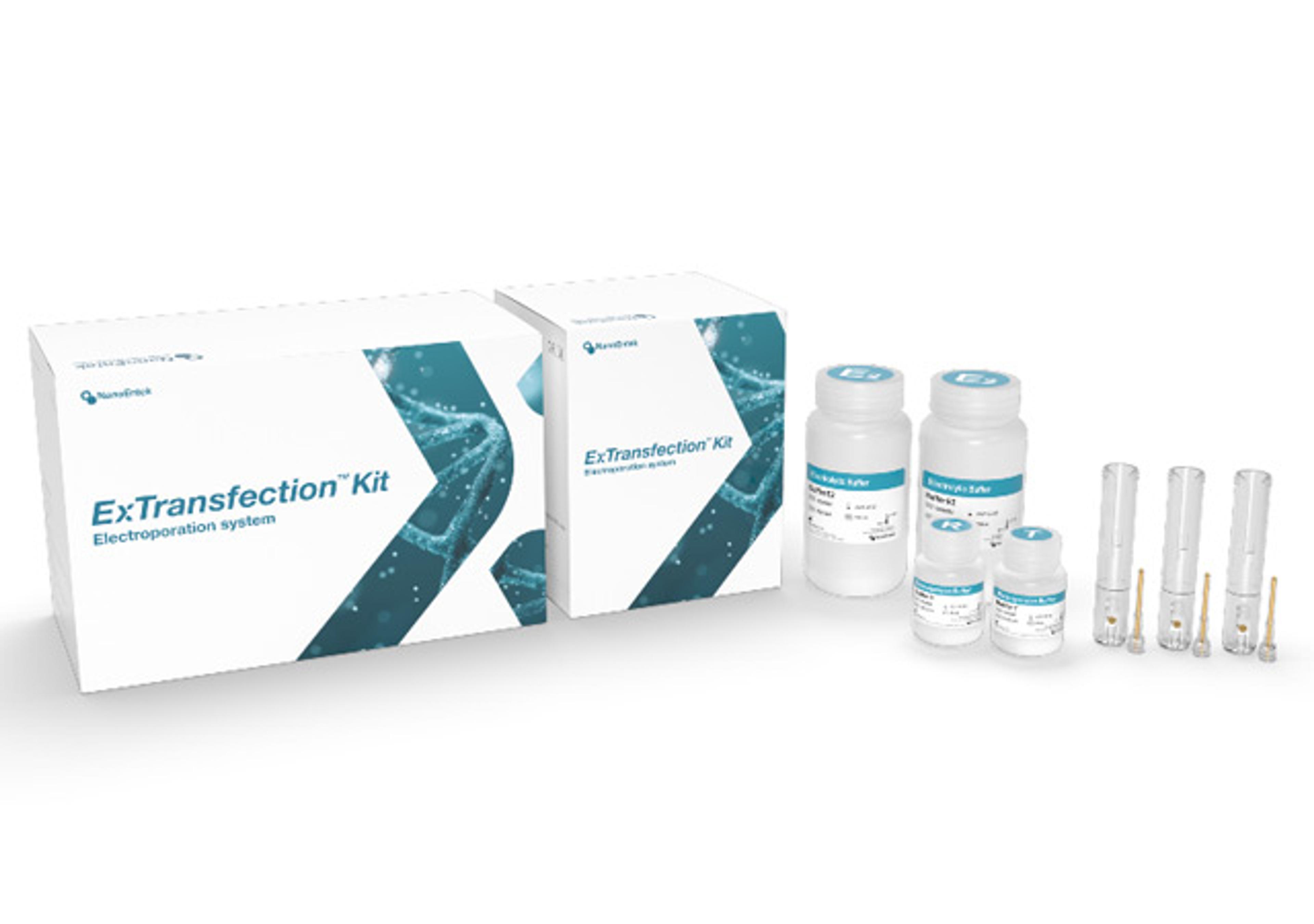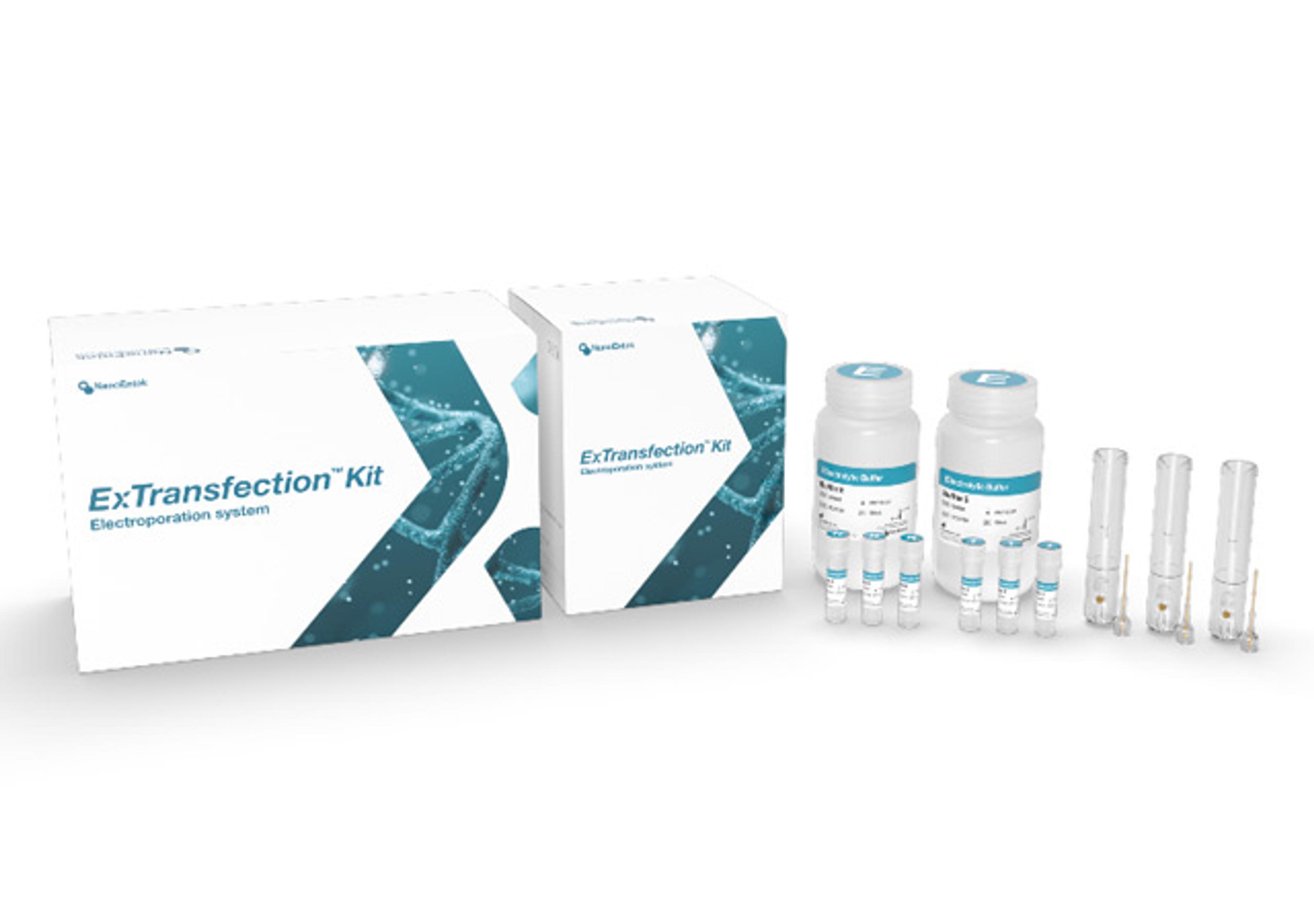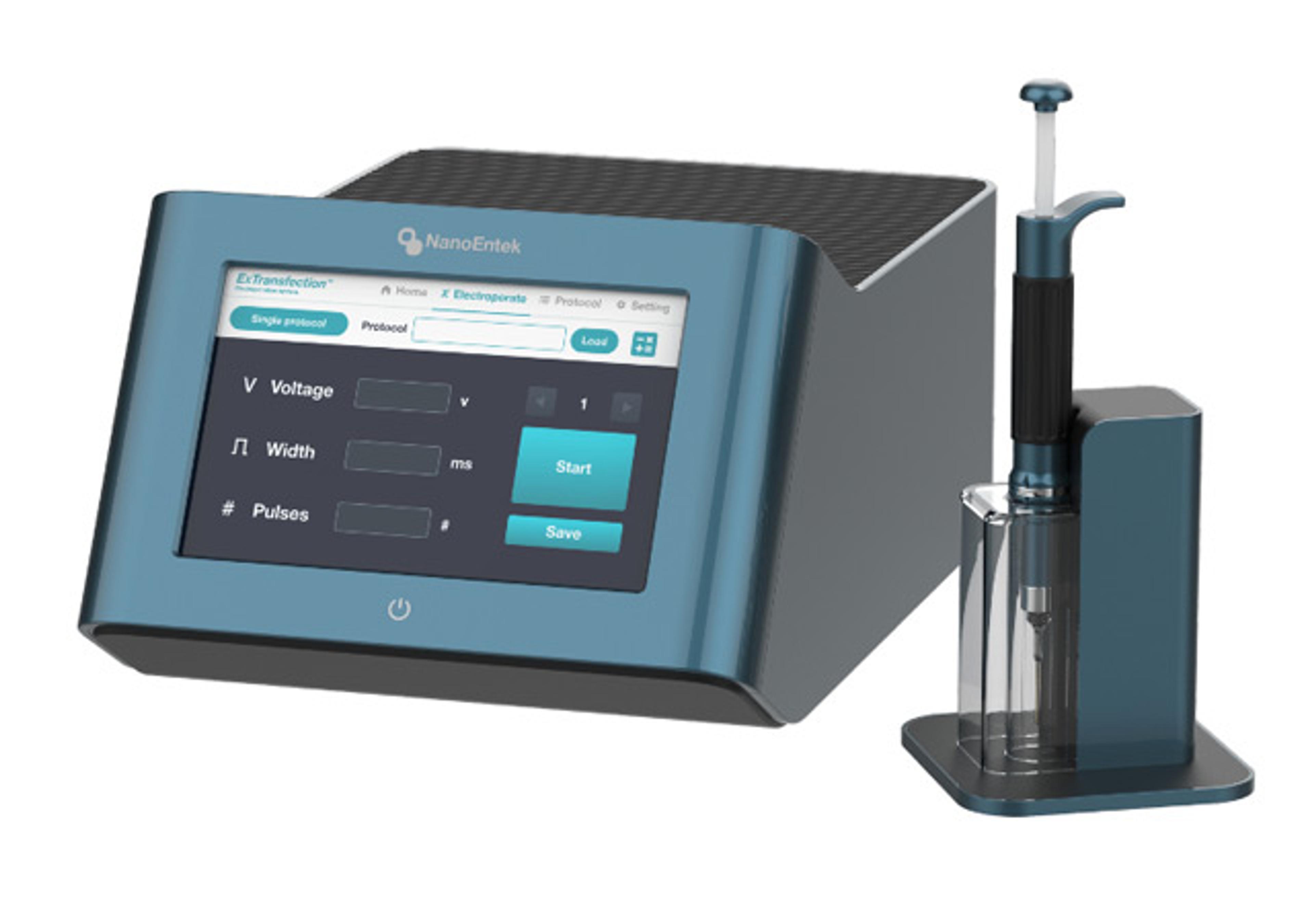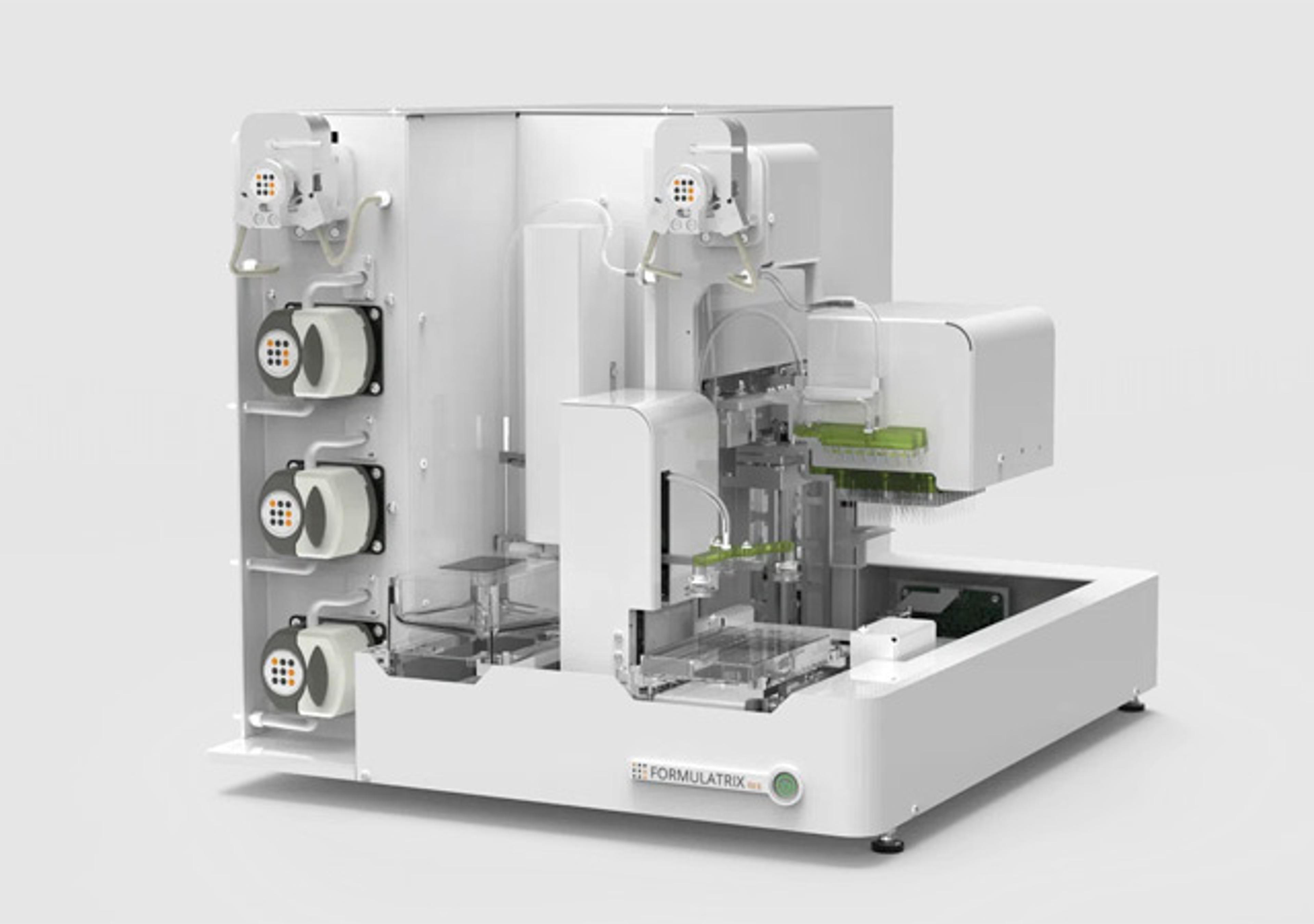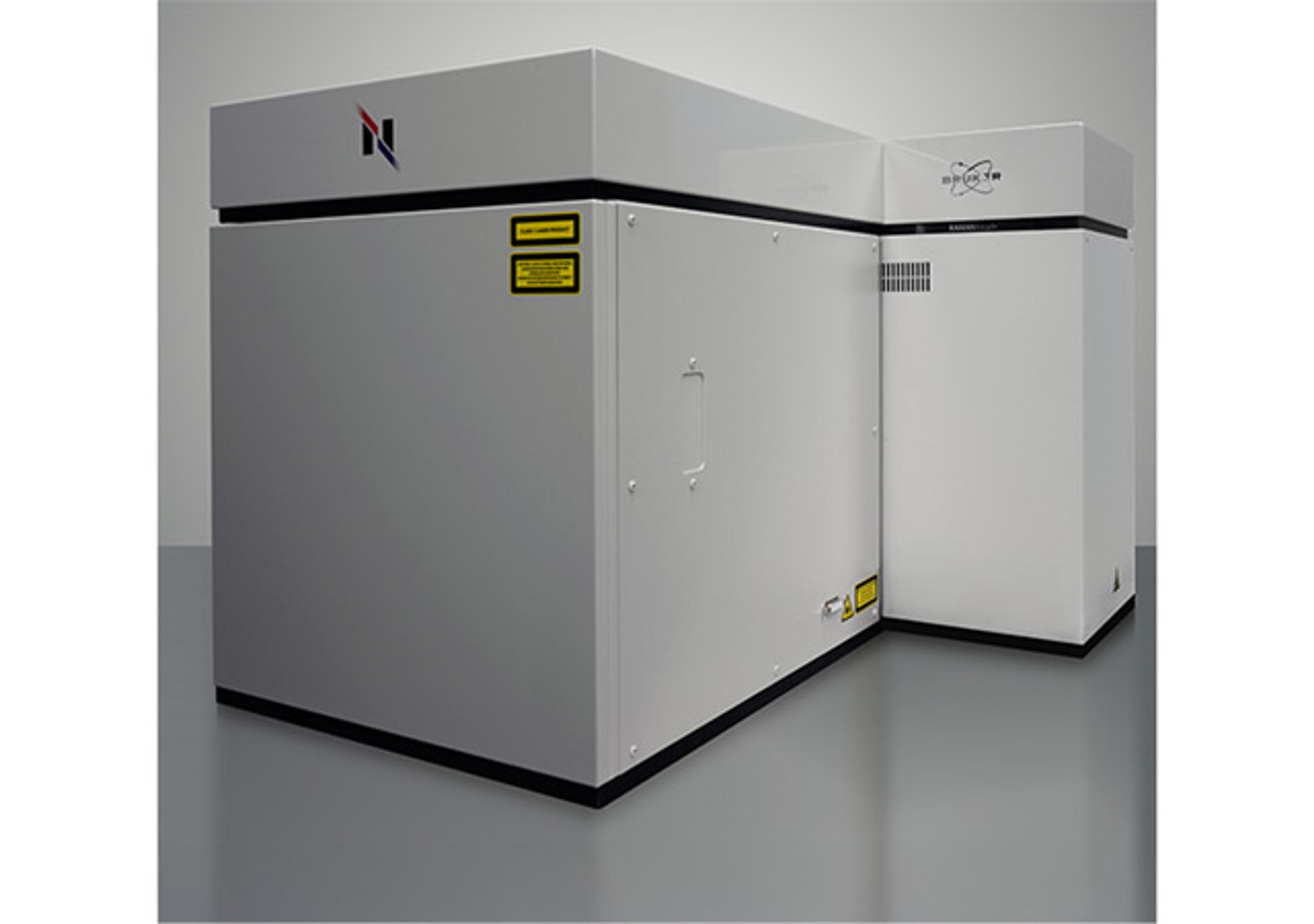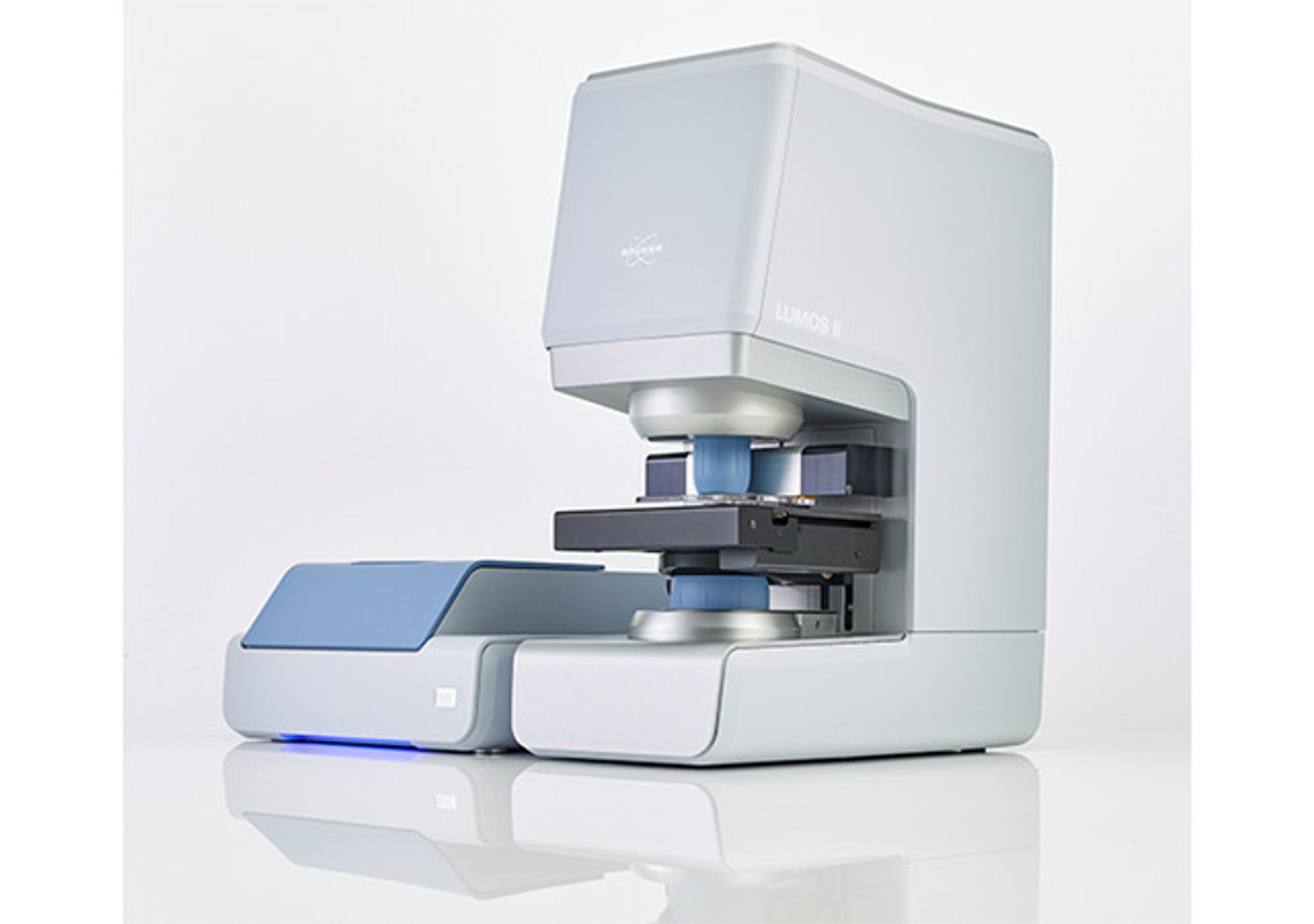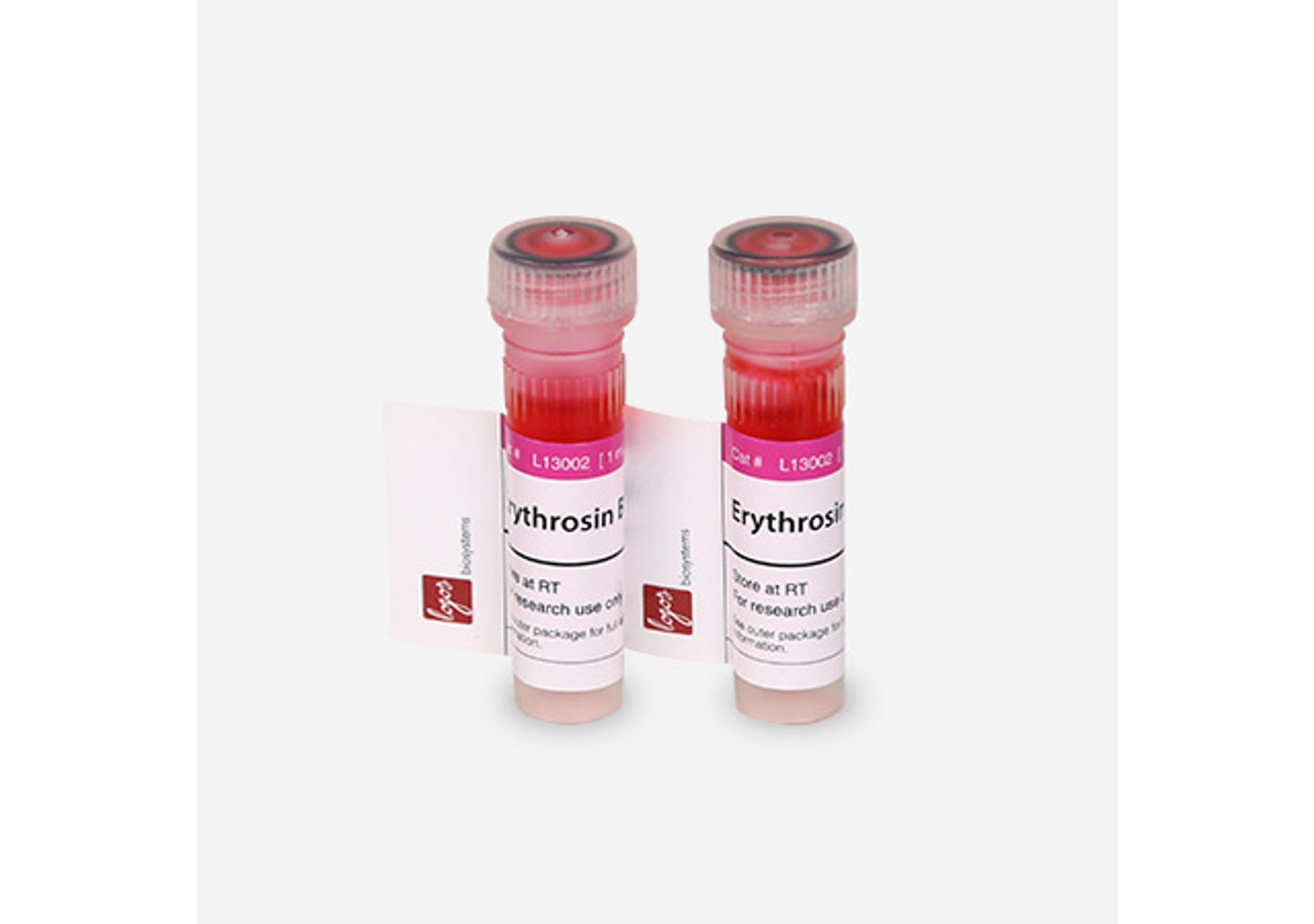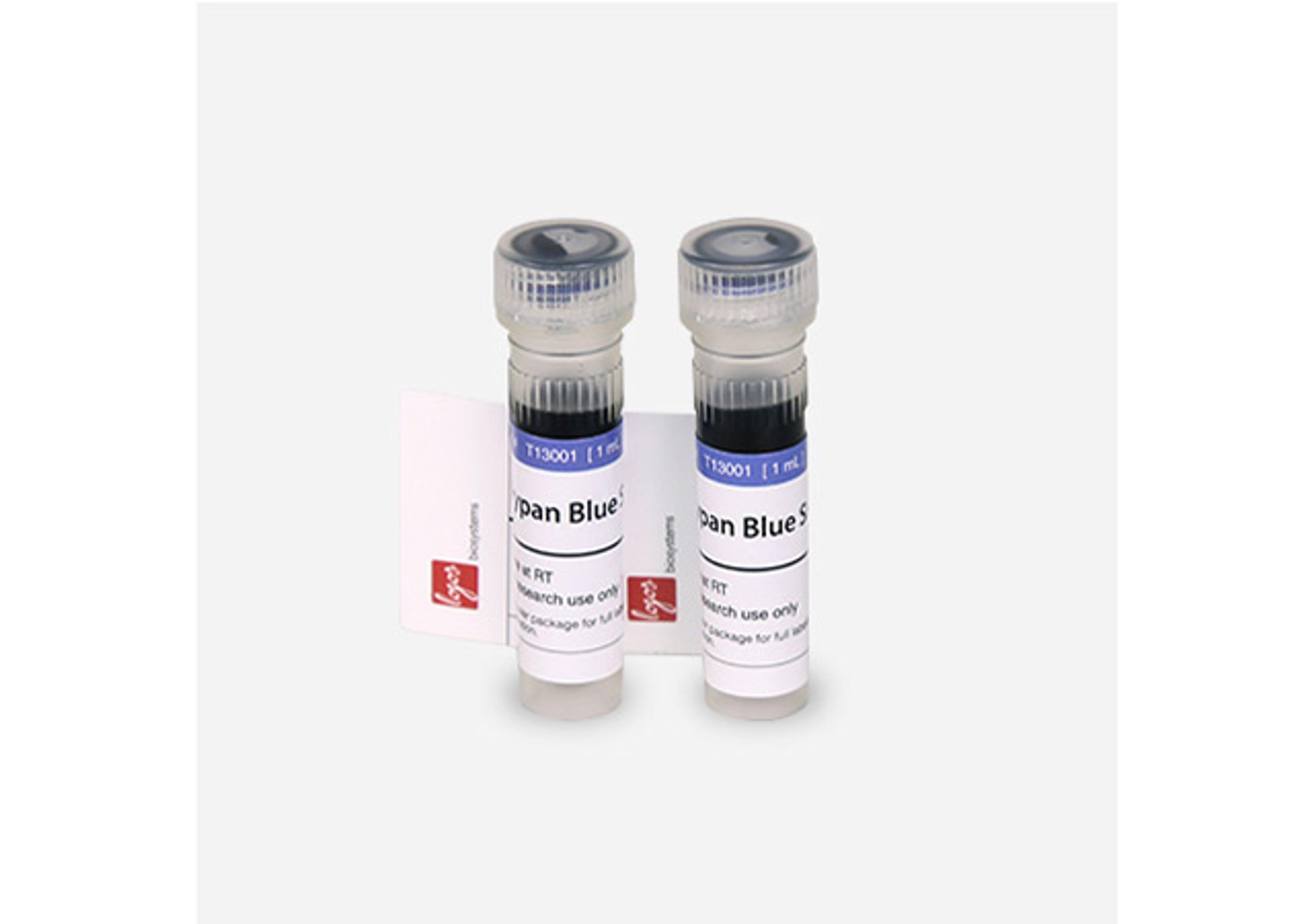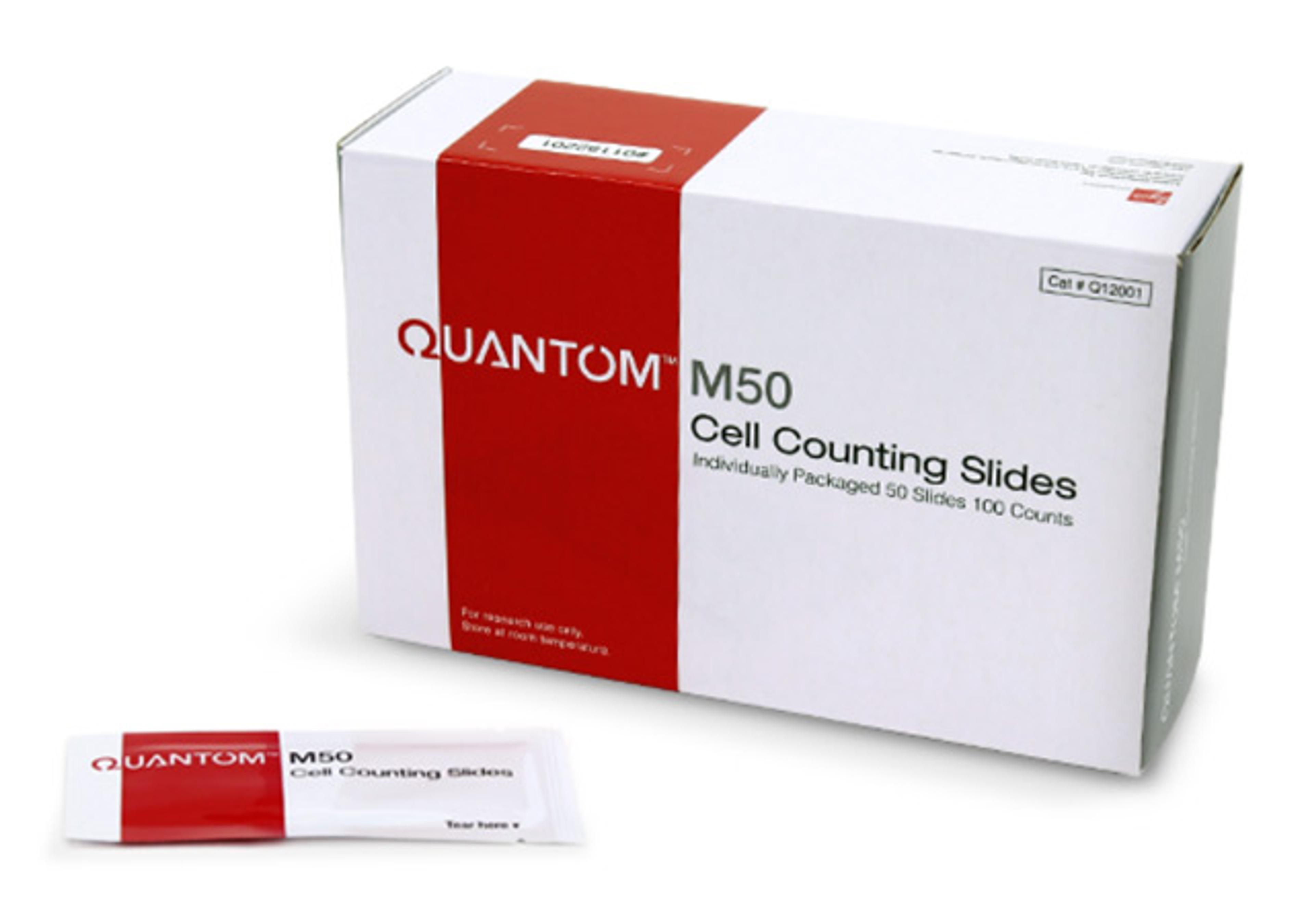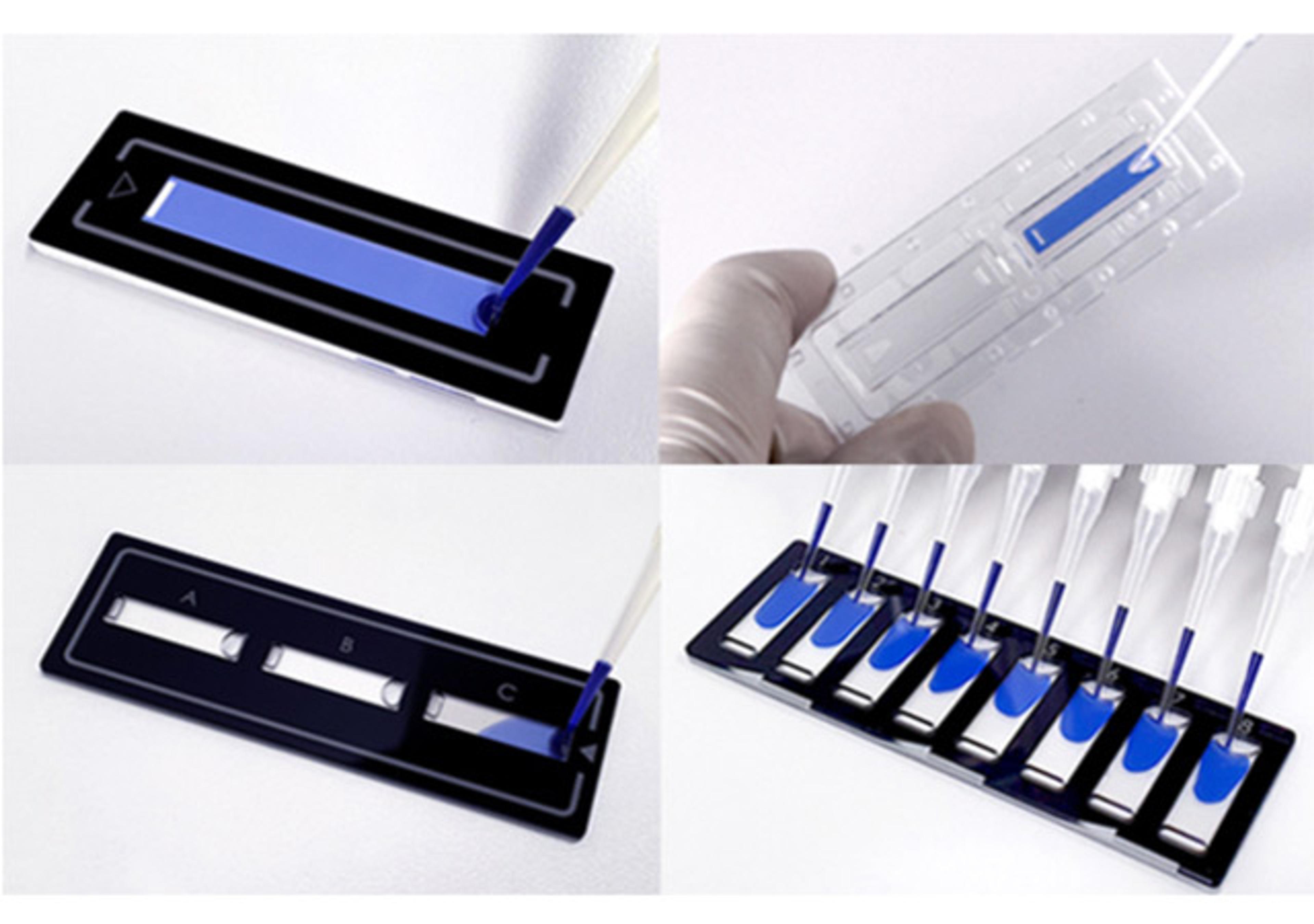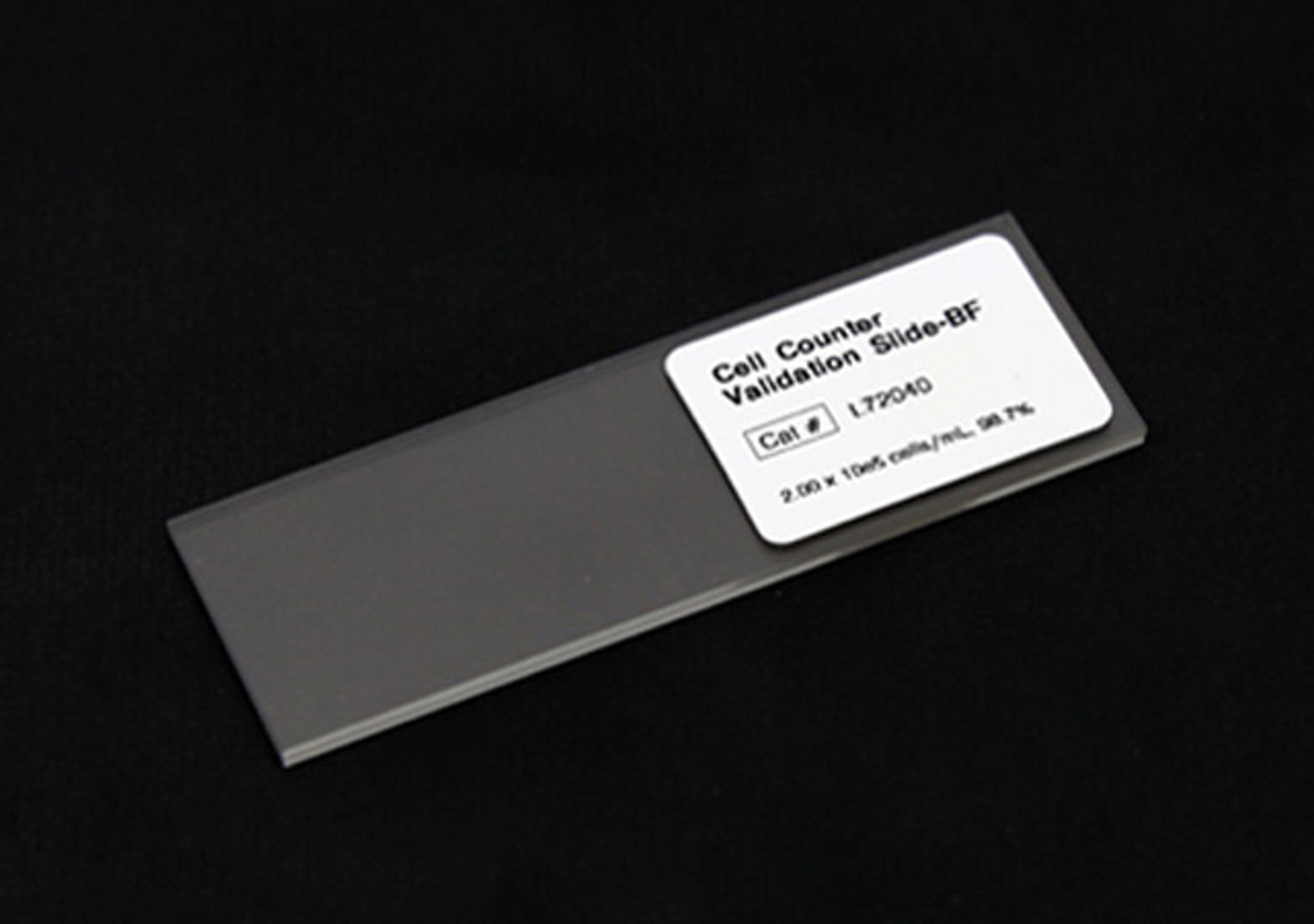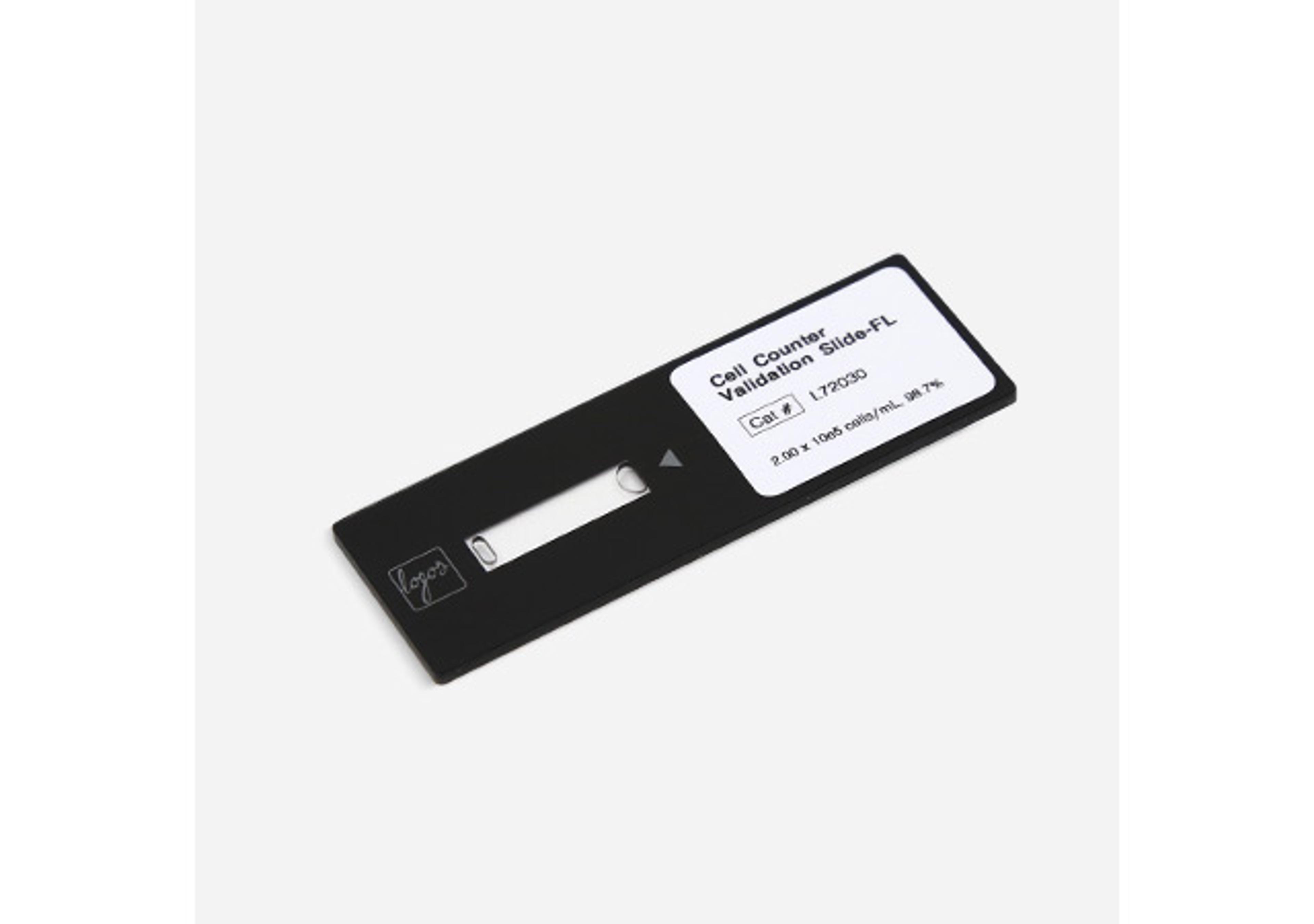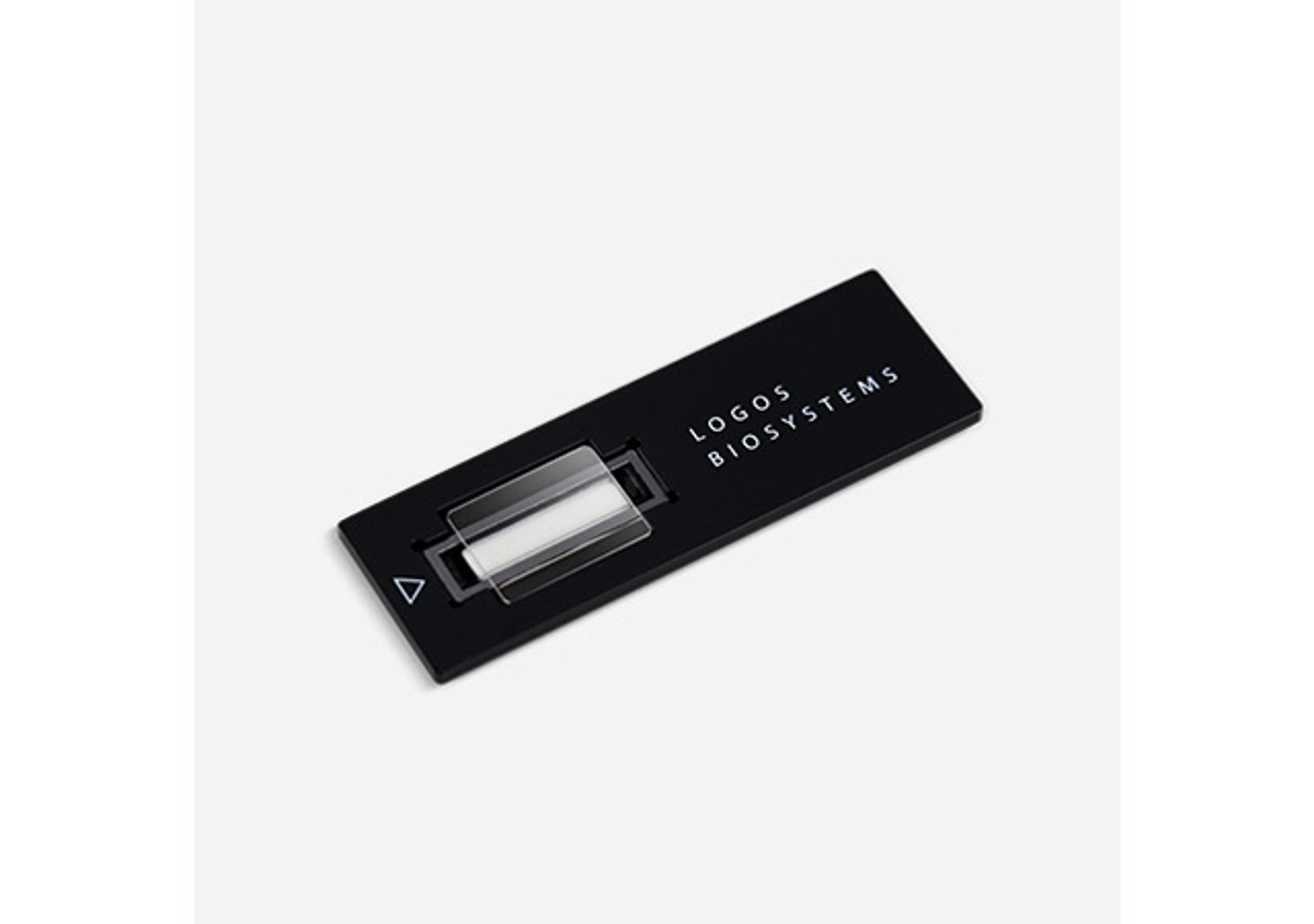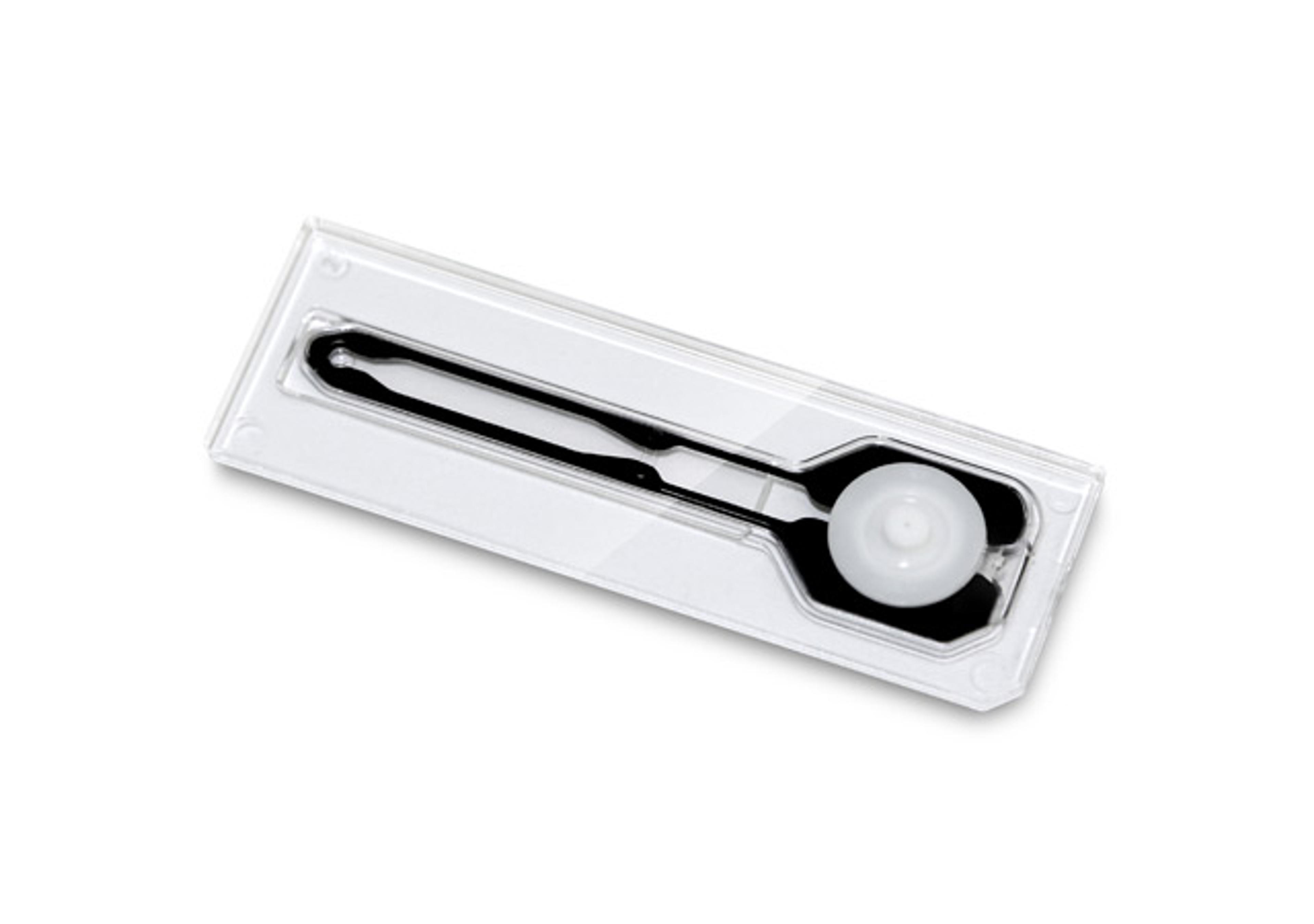GenElute™ Agarose Spin Columns
GenElute Agarose Spin Columns allow for the purification of linear DNA from agarose gels. The typical recovery is 40 to 45% for 100 bp to 10 kb DNA fragments. The recovery decreases as the fragment size increases.

The supplier does not provide quotations for this product through SelectScience. You can search for similar products in our Product Directory.
Convenient, quick and environmentally safe
Purification of fragments for easy cloning
The GenElute agarose spin columns work nicely with agarose gel (also with acrylamide ones) dyed either with ethidium bromide or RedSafe, SybrGreen or other dyes. The proprietary membranes only allows to pass the DNA, without needing organic solvents (to be discarded appropriately) nor needing agarose melting or enzymatic digestion. In 10 minutes you will get your DNA from your gel ready to ligate in the corresponding vector, PCR or RE-digestion, labelling or whatever downstream application you need. I use it routinely for PCR band selection prior to sequencing. Nice results.
Review Date: 17 Apr 2019 | Merck
GenElute Agarose Spin Columns are designed for the rapid purification of linear DNA (100 bp to 10 kb) from agarose gels. The DNA band is excised from an agarose gel and loaded into the spin column. Embedded within the base of the column are a series of membranes and filters that hold agarose and impurities back while allowing DNA to selectively pass through the column into a collection tube during a 10 minute centrifugation. GenElute Agarose Spin Columns eliminate the need for silica-based resins, DEAE or toxic organic solvents such as phenol and chloroform. There is no melting, electroelution or enzymatic digestion of the agarose gel.
Features and Benefits
• One-step, 10 minute protocol
• No melting or digestion of agarose required
• Simpler and quicker than bind and elute or electroelution methods
• No ethanol precipitation
• Typical recovery of 40 to 45% for DNA fragments from 100 bp to 10 kb (Figs. 1 and 2)
Application
The purified DNA can be used in most downstream molecular biology applications including ligation, PCR, restriction digest, cloning, labeling and hybridization.

